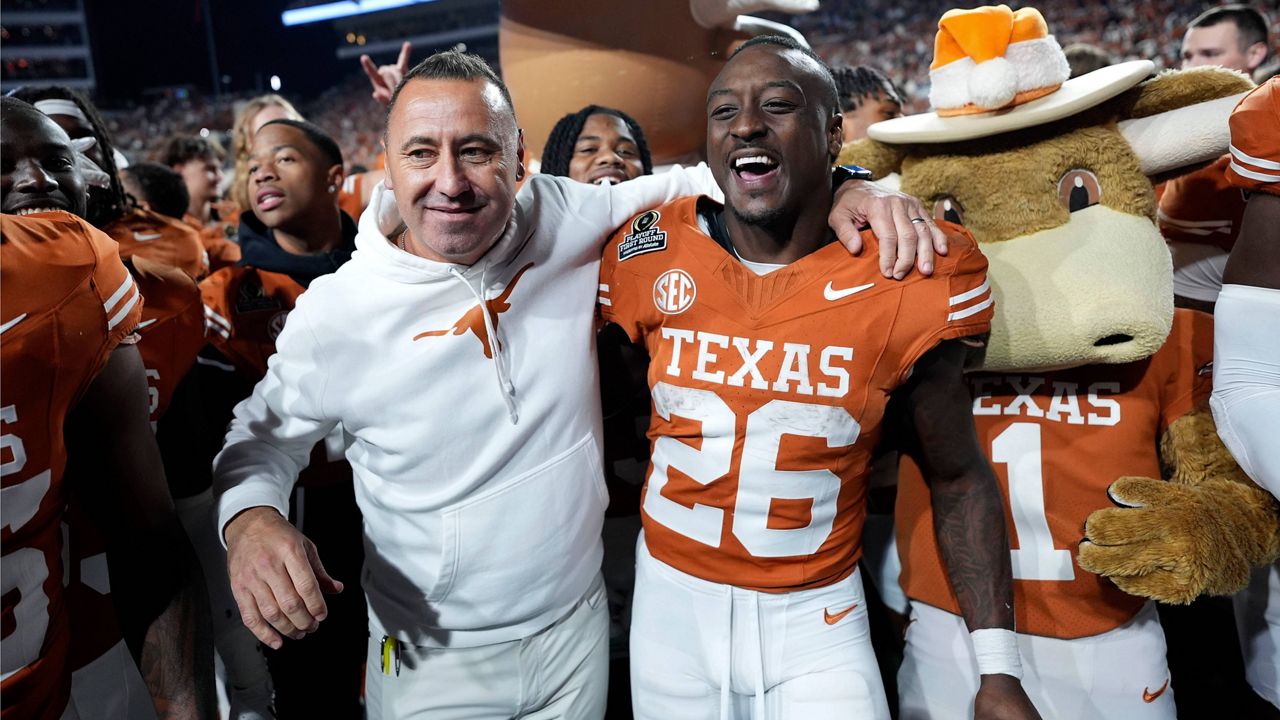Gambling
Time dwindles for Alabama Senate to make last move on gambling

Day 27 of the 30-day legislative session concluded with no action from the Alabama Senate on gambling. While the Senate worked on the important task of passing budgets to fund education, gambling continued to be a talking point.
“It would have been nice if we could have designated some of that money from the lottery to go to this,” said Senator Vivian Figures, D- Mobile, to Senate education budget chairman Arthur Orr, R-Decatur, regarding payment for retired education employees.
In the education budgets, $5 million was allocated to an education retiree trust fund that’s been in place for some time but money was never distributed to it. Once the fund reaches a certain amount, it will be used to increase payments to retirees.
The latest version of the gambling package included a state lottery with revenue for education. Estimates throughout the session have projected lottery revenue between $305.6 million to $379.4 million.
All proceeds would be dispersed through annual appropriation for:
- last-dollar scholarships to two and four-year colleges and universities
- dual enrollment
- retiree bonuses
Senator Merika Coleman, D-Pleasant Grove, also addressed the lottery while on the Senate floor.
“We would have had some money on this education side to really be able to change some students’ lives, money for retirees and other places. I think we could have shifted around because we had this additional money. Hopefully, we will get another opportunity before the end of the session to right that wrong, and maybe we will get a chance to allow the people of the state of Alabama to vote on that particular issue,” said Coleman to Orr.
Tuesday night, the Senate took a vote to concur with the conference committee report for the constitutional amendment in the gambling package. 21 votes were needed to pass the bill and move it to Governor Kay Ivey’s desk.
The vote fell one short of passage, but due to Senate procedure, the body will get another chance to vote on the constitutional amendment.
Orr voted against the legislation.
After hearing comments from other senators and speaking with reporters about the potential for education revenues to decline in the future, the projected revenue from a lottery won’t be enough to turn Orr’s vote.
“No. In my opinion, we need to be much more cautious in giving away revenue when it comes to these tax credits and tax exemptions. A lot of them are well-intentioned but we need to be very, very cautious in how we do that,” said Orr.
Several tax credits are still on the table, including legislation meant to support workforce participation through childcare and housing tax credits.
Orr was a sponsor of the CHOOSE Act, which passed earlier in the session. The CHOOSE Act provides tax credits to parents with students getting an education outside of the public school district they are zoned for, including private schools, homeschools, or another public school with an out-of-district fee. The legislation requires a minimum allocation of $100 million annually to the program with a $500 million cap on the CHOOSE Act Fund.
Senator Greg Albritton, R-Atmore, also said he would not be changing his vote based on the projected revenue. Albritton is the Senate general fund chairman.
The proposal from the conference committee had tax and licensing revenue from seven electronic gaming facilities going toward general fund-related expenses through annual appropriations.
Albritton explained his objections to the bill were in part related to the Poarch Band of Creek Indians who have a casino on trust lands in Atmore, as well as two other locations in Montgomery and Wetumpka. He believed the bill restricted PCI and provided no room for growth and sustainability.
It is unclear where the additional vote needed to officially pass the constitutional amendment will come from.
Senator Bobby Singleton, D-Greensboro, said there was still hope.
“We’ve been dealt a hand and hopefully members will come around and understand what is at stake and be able to get the people of the state of Alabama the right to vote,” he said. “Until that bell rings, sine die, I’m not giving up.”
Singleton said someone could make the motion to nonconcur with the report and send it back to conference committee, but that route seemed unlikely given the time left in the session.
Although no action was taken on the floor for gambling, Senate President Pro Tempore Greg Reed, R-Jasper, said discussion around gambling and the next steps for the bills was ongoing.
“I don’t exactly know what the outcome is going to be other than that the membership is working on the issue,” said Reed. “Many times until you get exactly down to the last minute, you don’t know exactly know where you are. That’s part of the process. All I can say is we are continuing to debate, continuing to work, continuing to discuss it.”
The Senate will reconvene on Tuesday, May 7th.









